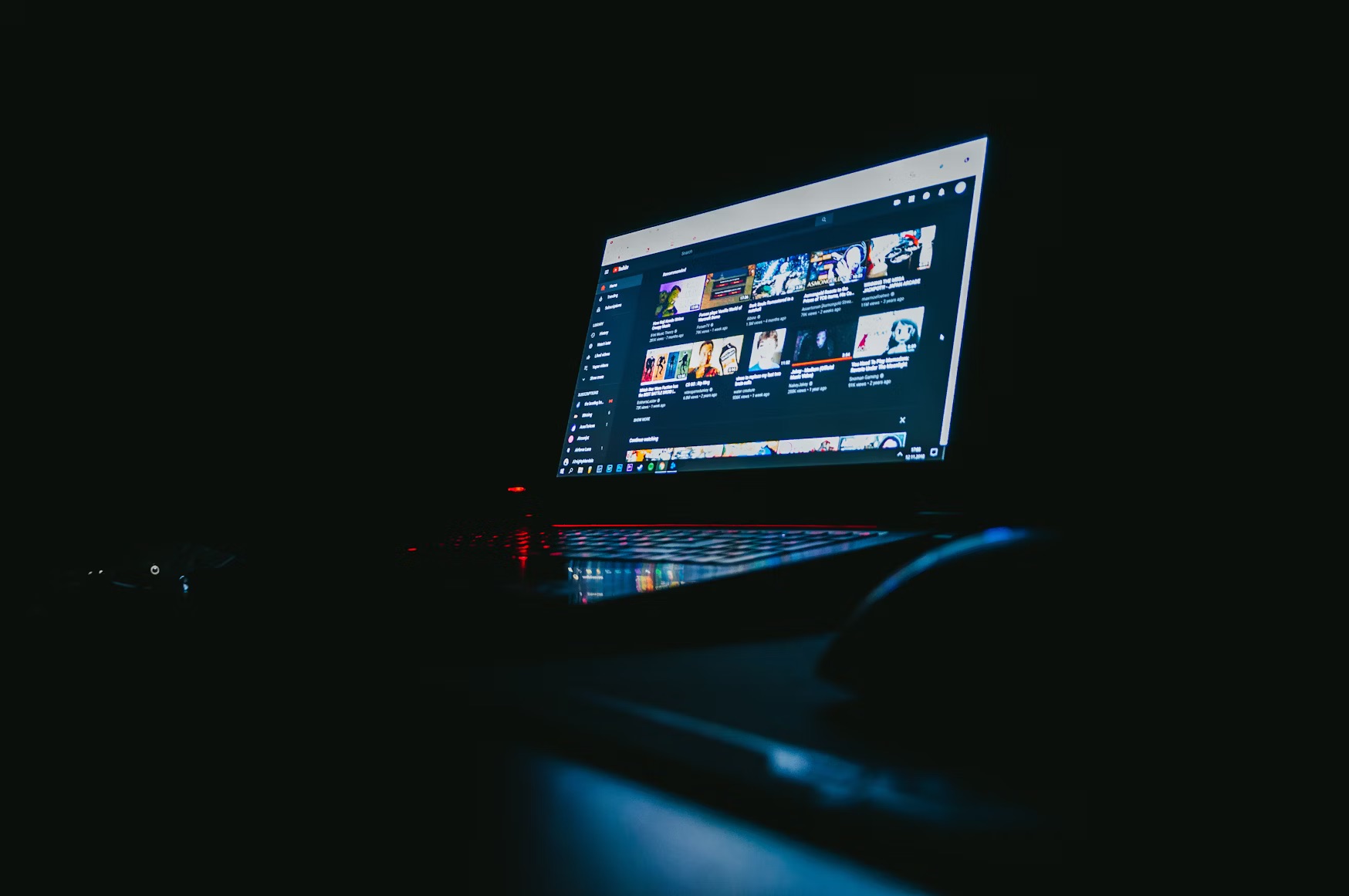
Google-owned YouTube has announced that it will soon allow previously banned accounts to apply for reinstatement, rolling back a policy that had treated certain violations as permanent. This change applies to channels that were removed for posting Covid-19 or election-related misinformation, offenses that previously carried lifetime bans. In a letter to House Judiciary Chair Jim Jordan, an Alphabet lawyer said that YouTube’s Community Guidelines now “allow for a wider range of content regarding Covid and elections integrity” and that a limited pilot project would be launching soon for a subset of creators.
Among the channels previously banned under those rules were some associated with figures like FBI Deputy Director Dan Bongino, former Trump chief strategist Steve Bannon, and Health and Human Services Secretary Robert F. Kennedy Jr. It is not yet clear whether these specific channels will be reinstated. The change comes after mounting Republican pressure on tech companies to reverse what they see as Biden-era speech policies on misinformation. In March, Jordan subpoenaed Alphabet CEO Sundar Pichai, alleging that YouTube was a “direct participant in the federal government’s censorship regime.”
Responding to Political Pressure
In the letter, the Alphabet lawyer said that during the pandemic, senior Biden administration officials had pressed the company to remove certain Covid-related videos that did not technically violate YouTube’s policies, and that this pressure was “unacceptable and wrong.” The company ended its stand-alone Covid misinformation rules in December 2024. The letter also states that YouTube “will not empower third-party fact-checkers” to moderate content and will continue to enable “free expression” on the platform. However, the company does have a feature that displays information panels with links to independent fact-checks under videos to provide more context. Similarly, Meta said in January that it had eliminated its fact-checking program on Facebook and Instagram.
What The Author Thinks
This policy change is a clear result of political pressure. While YouTube is framing the decision as a return to “free expression,” it is a pragmatic and calculated move to appease a new political reality in Washington. The decision to roll back these policies, particularly after a subpoena from a Republican-led committee, signals that for a major tech platform, content moderation is as much about political calculus as it is about a consistent set of principles. The move also highlights the tension between a company’s past policies and its future ambitions. This is a crucial moment for content moderation, and it suggests that the pendulum is swinging away from a more restrictive approach and back towards a more hands-off model, for better or worse.
Featured image credit: Leon Bublitz via Unsplash
For more stories like it, click the +Follow button at the top of this page to follow us.
